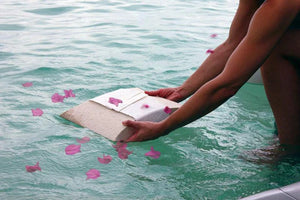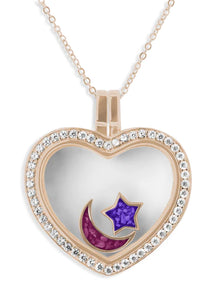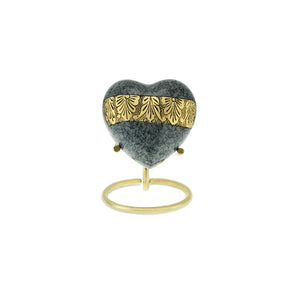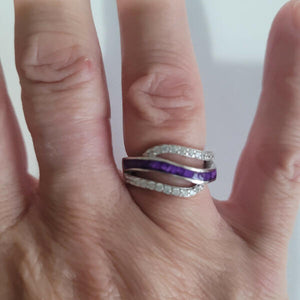Water cremation- is this what the future holds?

Water cremation- is this what the future holds? by Kristina Kennedy-Aguero.
Water cremation may be the more ecologically friendly way that we will dispose of bodies in the future.
What is Water Cremation?
Instead of burning a corpse with fire, water cremation breaks down the flesh using heat, water, and lye (potassium hydroxide). The technical name for the process is alkaline hydrolysis (AH). It is also known as, bio cremation, aquamation, green cremation, and resomation.
The body goes into a special pressurised water tank. It takes four to six hours to dissolve the tissue, leaving just bone material. This is then crushed and pulverised, to a fine white dust, to return to the family as "ashes".
What are the advantages of water cremation?
The process claims to be a greener alternative to the traditional method of cremation using fire. It causes a lower emission of greenhouse gases, using only one-seventh of the energy that a flame cremation requires.
Additionally, it reduces the amount of mercury released into the atmosphere from dental fillings. The lower temperature of water cremation means the fillings do not dissolve.
Also, many people feel that it is a calmer and more serene process than a flame cremation.
Is the process available in the UK?
Water cremation is already legal in Canada, Mexico, and twenty US states. In America, it is gaining popularity rapidly. However, it is not currently available in the UK for the disposal of human bodies. It is in use for some pet cremations. The process was first used in Europe in the 90s to dispose of cows infected with mad cow disease.
The company Resomation designed the equipment and patented the process in 2007. They were ready to start offering water cremations in the UK in 2017. However, they did not receive the "trade effluent" permit they require. A Water UK representative said that they didn't think the public would like the idea, "of the liquefied remains of the dead going into the water system". However, Sandy Sullivan, founder of Resomation, explains that the wastewater created in the process does not contain any actual human DNA. The liquid remaining after the process is coffee-coloured, has the consistancy of syrup, and smells of amonia. It goes into the sewage system.
Resomation is hopeful that it will soon receive the permit to begin functioning. Sandy states, "We are once again on the cusp of revolutionising the funeral industry with the chance to provide the public with an environmental alternative at the end of life. Water cremation now offers a new, innovative, yet dignified approach which uses significantly less energy and emits significantly less greenhouse gasses than flame cremation. Over 135 years ago flame cremation offered fundamental change in the way we approached human disposition and some serious convincing was required before it was fully accepted."






